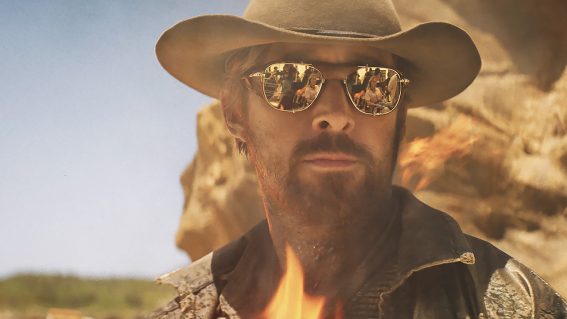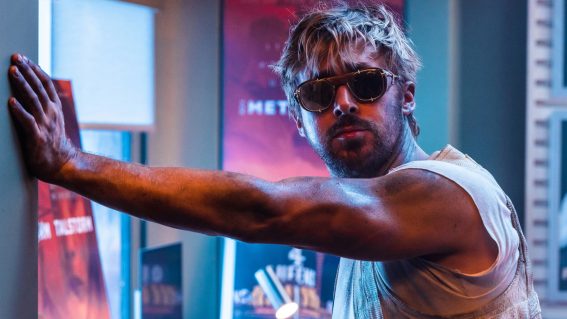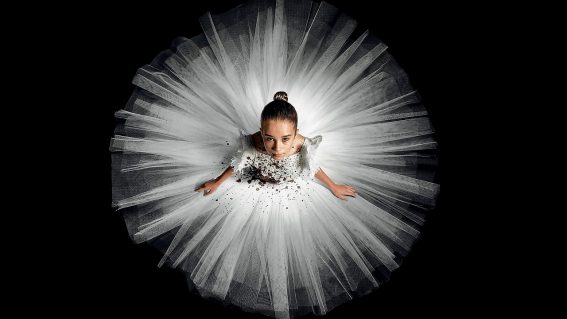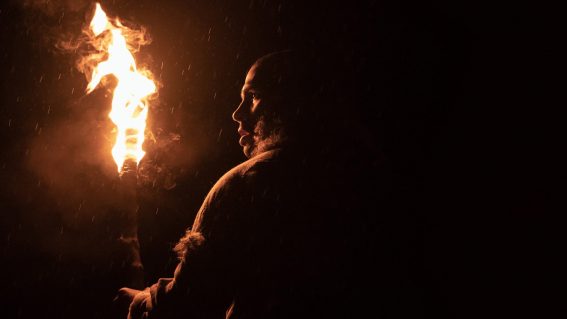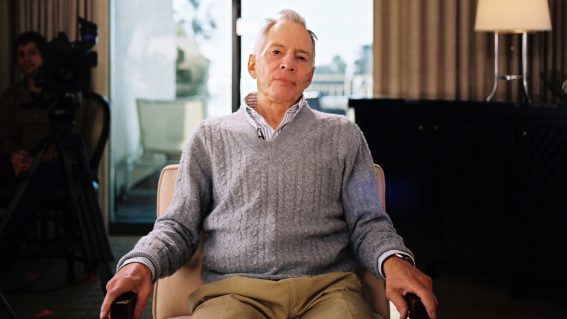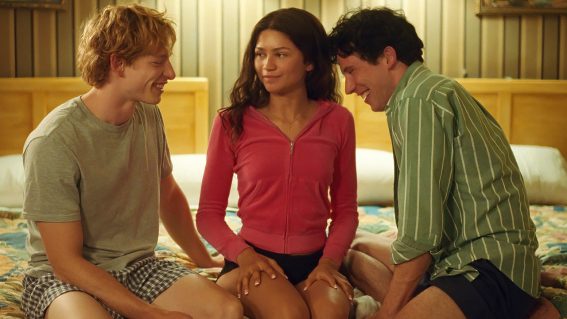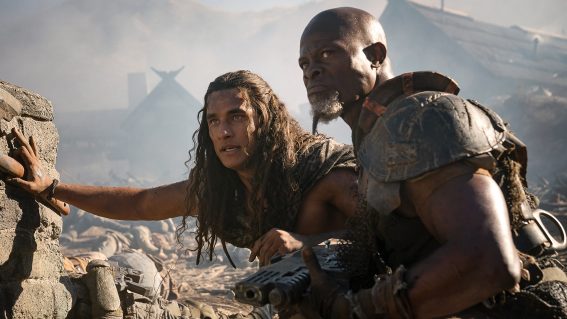Spielberg plays a poignant and nostalgic chord with The Fabelmans
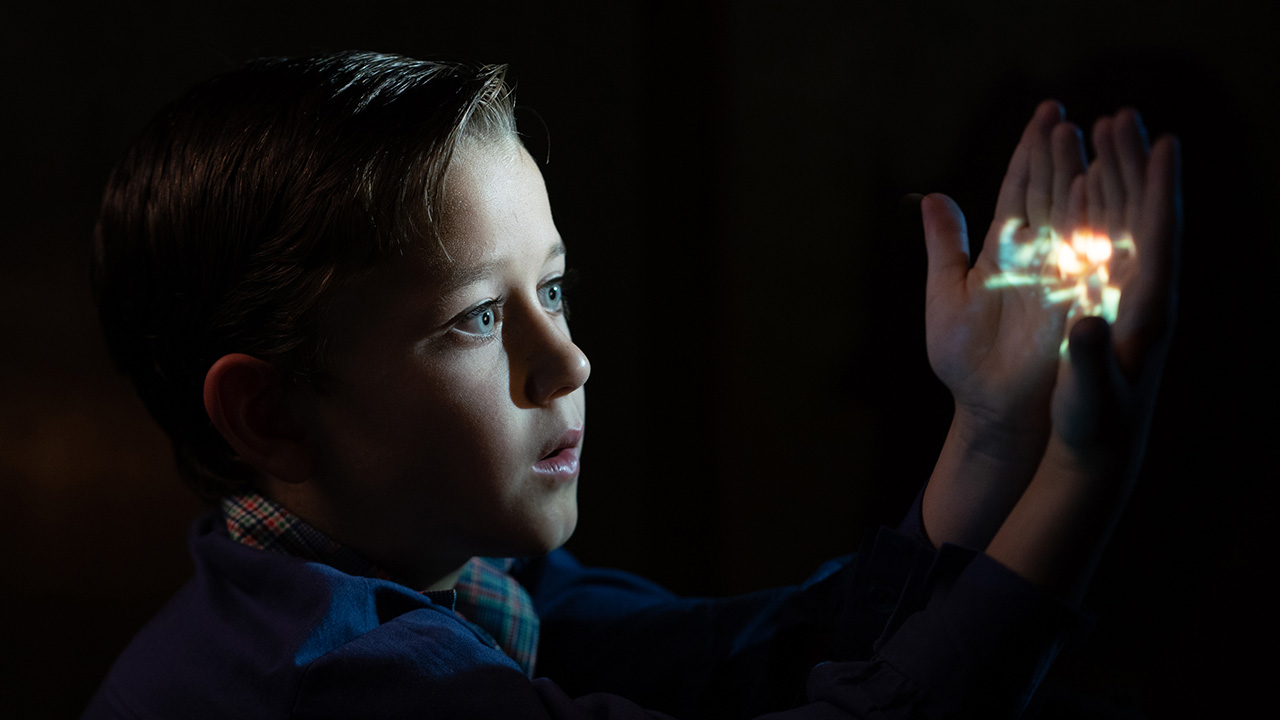
Steven Spielberg directs The Fabelmans, a semi-autobiographical drama based on his childhood. Despite bouts of melodrama and uneven plot, Spielberg’s reliably beautiful direction and compelling cast carry the film, Katie Smith-Wong writes.
The Fabelmans
Starring Michelle Williams, Paul Dano, Seth Rogen and Gabriel LaBelle, The Fabelmans is Steven Spielberg’s most personal film to date as it focuses on the story of young Sam (LaBelle) and his journey as a filmmaker amid the trials and tribulations of growing up.
Growing up in a Jewish household with engineer Burt (Dano) and piano player Mitzi (Williams), young Sam (Mateo Zoryon Francis-DeFord) falls in love with film upon watching his first movie at the cinema, The Greatest Show on Earth. Upon becoming entranced with the idea of recapturing a specific scene, his love as a filmmaker continues into adolescence with daring Scout projects and touching family films. While his efforts become more engaging, his passion as a director is dismissed as a hobby by the practical, straight-laced Burt. Nonetheless, Mitzi encourages Sam to embrace his creativity and not be confined to the limits of his imagination. As the film goes on, we see that the conflicting attitudes of Sam’s parents begin to chafe against the illusion of domestic bliss, especially as Burt’s best friend Bennie (Rogen) becomes an increasing pillar of familial support—with Sam and his siblings witnessing (and suffering) from the circumstances.
For someone known for large-scale productions and blockbusters, Spielberg plays a poignant and nostalgic chord with The Fabelmans through beautiful direction and John Williams’ equally lovely score. In addition, the collaborative screenplay between him and Tony Kushner highlights the emotional pain from the hardships of growing up—with little to no outlet as a coping mechanism, bar a simple camera. This may explain how Sam’s growing passion for filmmaking stems from an unspoken desire for control—after his first trip to the cinema, he wishes to recreate a sequence so ‘he wants to see the trains crash’. This desire for control slowly develops as he grows older, creating memories and visions that entertain and appease his audiences.
But Spielberg and Kushner do not delve deep enough into Sam’s fondness for filmmaking. It is treated as an outlet and a passion, but the screenwriters never highlight its personal significance until the final few scenes—especially as it is a source of heartbreak and friction between Sam and his parents. Furthermore, it feels like a heavily edited version of Sam’s life growing up, as the need to wind up certain subplots creates inconsistencies in timing and dialogue, given the 151-minute runtime needs to accommodate his life from childhood to adulthood. Therefore, notable elements such as Sam’s ordeal with anti-Semitic bullies, his short-lived relationship with devout Christian girl Monica (Chloe East), and Mitzi’s erratic behavioural changes feel rushed and are ultimately denied a natural outcome in this coming-of-age narrative.
However, the compelling cast carries the film with its top-billing stars delivering their most dynamic performances to date. Dano is on top form after his chilling portrayal as the Riddler in The Batman, but Williams is especially engaging, as Mitzi’s inner struggles contend with our protagonist’s own life story, conveyed sensitively by the charming LaBelle.
With its bouts of melodrama and uneven plot, The Fabelmans is far from Spielberg’s best but its nostalgia invites its audiences to watch the renowned filmmaker’s personal homage to his late parents and, more specifically, his craft.





